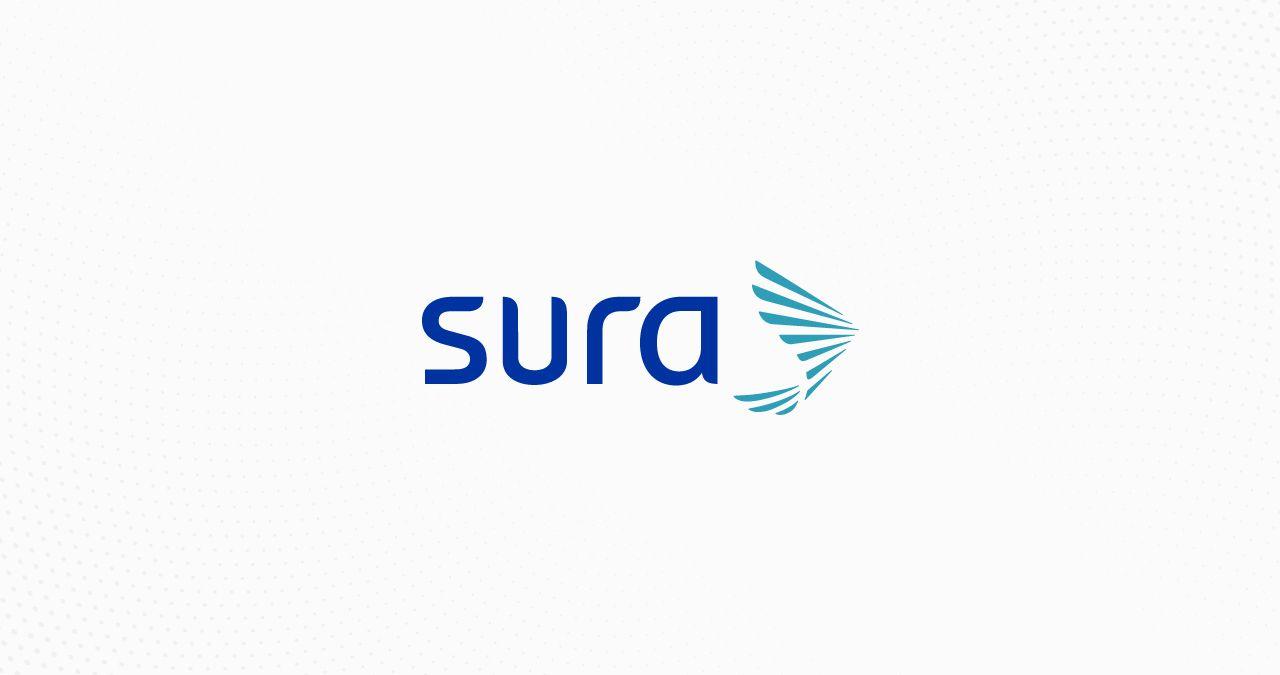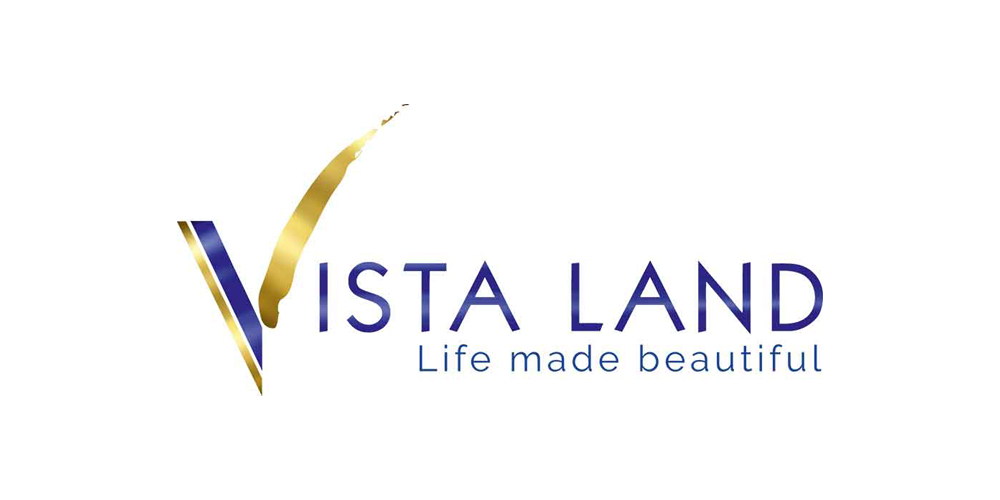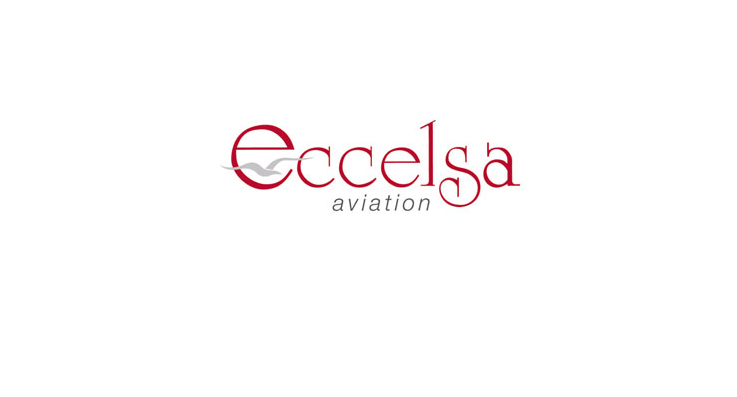Is a multi-billion-dollar fraud harming our pets?

Dr Tom Lonsdale
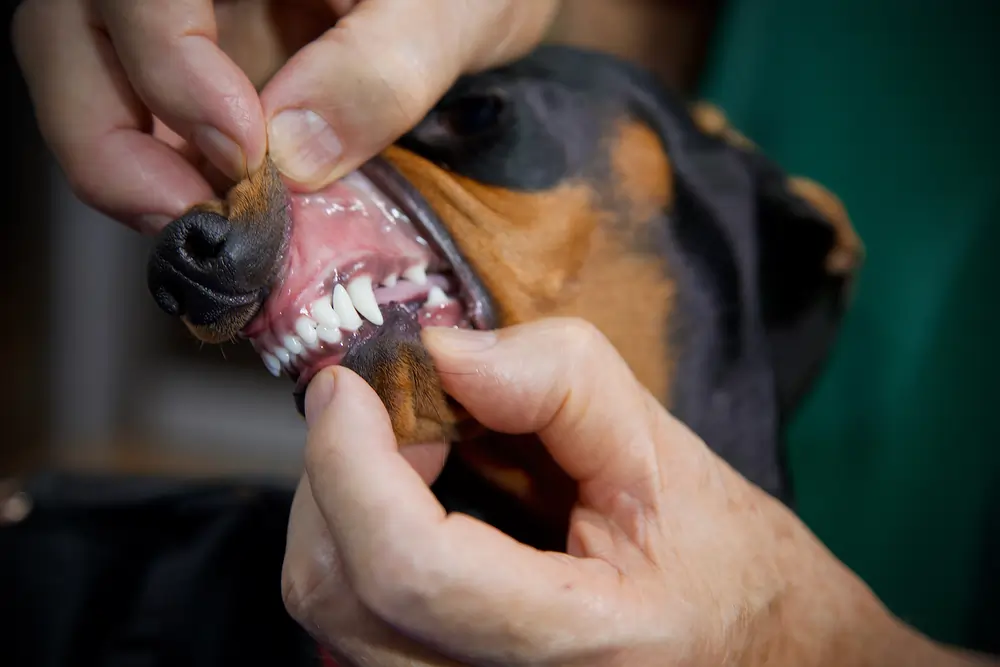
Whistleblower vet and natural feeding advocate Dr Tom Lonsdale says that processed ‘junk pet food’ is ultimately to blame for a global pet illness epidemic.
By Dr Tom Lonsdale
Try to imagine a zookeeper wandering down the pet food aisle at the local supermarket selecting cans, packets, and pouches of industrial, grain-based concoctions for his captive wild carnivores.
Now imagine doctors recommending and selling highly processed packaged food to parents of young children for consumption at every meal, every day, for life.
It’s totally absurd, yet when it comes to the pet food sector, absurdity, alas, rules the day.
Highly processed industrial ‘food’ is the only item on the menu for millions of domestic dogs and cats, with lavish marketing campaigns promising consumers the maximum pet health and longevity money can buy.
In reality, however, the only longevity associated with these products, which I label as ‘junk pet food’, are the artificial chemicals that prolong shelf life, and which maximise profits.
The winners are the junk pet food producers, as well as the veterinarians overservicing the needs of an endless stream of sick pets made that way because of their woefully inadequate diet.
As a vet, I have for the past three decades been fighting against this shocking status quo, taking on a multi-billion-dollar industry that is, nevertheless, morally bankrupt.
Pet owners are not to blame; they are fed a constant stream of propaganda that distorts truth and buries facts, just like the tobacco industry was guilty of many decades ago.
For the sake of both pets and pet owners, as well as our precious natural environment, it’s time to overcome our cultural conditioning.
It’s time to examine what’s gone wrong and what benefits we can expect when we escape from beneath the dead hand of the multi-national pet food giants.

For Pets
Articles and books on human nutrition focus on the need for fresh, natural, minimally processed ingredients, and the same basic advice applies when discussing pets’ needs.
However, despite the welter of information about ingredients, it’s often unintelligible and confusing. And as Francis Bacon advised, “Truth emerges more readily from error than from confusion.”
There can be no confusion about the carnivore’s need to use its specialised teeth.
‘Like a dog with a bone’, pets savour the elation of a ‘successful hunt’—and then defend the prize against all comers.
Meat and bone provide essential nutrients. However, it’s actually the ripping and tearing of that food that provides ‘medicinal’ benefits.
It cleans the working parts, namely the teeth and gums, stimulates brain chemicals and the flow of digestive juices. Canine bliss!
By contrast, dogs and cats that are denied raw, meaty bones develop tartar-encrusted teeth, periodontal disease (gum disease), and stinky breath. And those are just the immediate signs detectable by their owners.
The serious effects of sore and bleeding gums on human health are well documented, including increased risk of stroke, diabetes, arthritis, heart, kidney, and liver disease.
For pets in the midst of a gum disease pandemic – it is reckoned some 80 percent of dogs and 70 percent of cats have some form of periodontal disease by just two years of age – the effects are devastating.
The true cause is, however, mostly overlooked by vets and pet owners.
It’s only in hindsight, after switching their pet’s diet, that most pet owners come to realise the significance of raw meaty bones.
Having advocated such a diet to my patients’ owners, I can attest to the dramatic change it brings. Owners of elderly pets proclaim their beloved pet is ‘like a puppy/kitten again’ while owners of young animals note the fresh breath, lustrous coat, and the virtually odourless stools—and, of course, little or no need for the vet.
For Pet Owners
Plainly, pet owners have been badly let down by the regulatory and educational systems intended to protect them. They’ve been defrauded by false and misleading advertising and unwittingly they’ve injured the health of their pets.
Not everyone accepts the unpalatable truth. Consumers are used to the ease and convenience of opening a can and may be unconvinced that their dog is a modified wolf with the self-same nutritional and medicinal needs as the wolves in the zoo.
Likewise, many cat owners believe the junk pet food marketing hype when, in fact, their furry feline needs to eat small prey or, the pragmatic option, raw meaty bones.
At this early stage in the pet-feeding revolution, there are available supplies of raw meaty bones.
For small dogs and cats, there’s a plentiful supply of chicken wings, chicken necks, and whole fish that provide the necessary nutrients and texture. Owners of large dogs can buy whole chickens, ducks, lamb necks, ox tail, and offal.
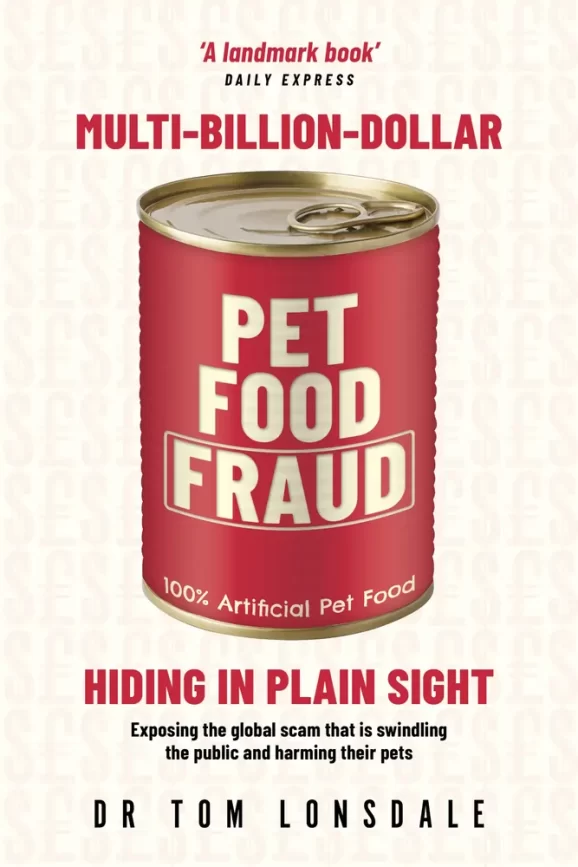
For Vets
There’s an urgent need for veterinary schools to regain some integrity and teach student vets about the fundamental biological needs of pet dogs and cats.
They need to recognise that, for carnivores, there is no distinction between food and medicine.
Consider that penicillin, hailed as a wonder drug, treats a handful of bacterial diseases and prevents none.
By comparison, raw meaty bones act as a ‘miracle’ treatment and prevention of a wide range of common and obscure conditions affecting junk-food fed animals.
Clearly, veterinarians should neither recommend nor sell processed foods. Instead of commissioning elaborate expensive investigations and treatments, not to mention the regular teeth cleaning, vets should first recommend nature’s remedy: raw meaty bones.
True, their profits will tumble but it’s a false industry built upon problems that can easily be remedied by following nature’s lead.
For Science
Despite the millions of tons of industrial products sold worldwide, there are no published diet comparison studies demonstrating that industrial products are suitable and safe for lifetime consumption by pets.
The scope for conducting basic research – and then exploring the various disease mechanisms and pathways for the benefit of pets and people – is enormous.
Pet owners can see the results for themselves in their living rooms – and obtain a ready example of why humans should eat minimally processed food and brush and floss their teeth.
Just as atmospheric scientists go to the high atmosphere to gather data and oceanographers go to the depths, studying carnivores at the extreme end of the nutritional spectrum will yield fabulous results.
I have taken the tentative first steps. Noting that carnivores appear to have an evolutionary adaptation making them uniquely susceptible to gum disease at an early age, I proposed a new hypothesis of health and disease. The Cybernetic Hypothesis of Periodontal Disease in Mammalian Carnivores.
This hypothesis, which has been published in a respected veterinary journal, predicts and explains outcomes that previously eluded scientific understanding.
It is my hope that others build upon my work, though that will, of course, depend upon the stranglehold of those with vested interests being released.
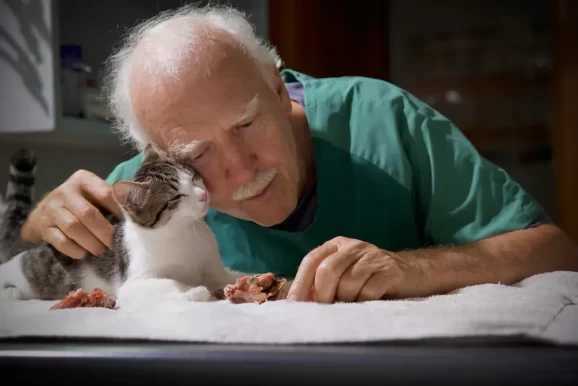
For The Planet
Manufacturers know that they’ve betrayed the compact with society and the natural world that we all live in.
They know that they have skated around existing laws about cruelty to animals and false and misleading advertising, and they know that governments have been inattentive.
With billions of pounds at stake, there’s sure to be turmoil as industry misinformation campaigns gather momentum.
Ultimately, though, just as big tobacco yielded to regulations and the USA synthetic opioid crisis was confronted, we can expect similar outcomes for the pet food fraud.
Both the courts and government enquiries will have a role in bringing about long overdue change, ending a pet illness epidemic that is, like the processed ‘food’ we unwittingly give them, artificial and unnatural.
Multi-Billion-Dollar Pet Food Fraud: Hiding in Plain Sight by Dr Tom Lonsdale is available on Amazon in paperback, eBook, and audiobook formats, priced £13.59, £7.99 and £8.48 respectively. For more information, visit www.thepetfoodcon.com or follow Dr Lonsdale on YouTube.
Q&A INTERVIEW WITH DR TOM LONSDALE
Dr Tom Lonsdale describes his distinguished 50-year career as a veterinarian as being filled with “rich experiences”, especially once he discovered the critical importance of raw meaty bones to the health and wellbeing of dogs and cats. Given his stand against a multi-billion-dollar industry, he has his fair share of critics, but he believes his message will, eventually, be heard far and wide.

Q. How have your peers in the veterinary industry responded to your stance against ‘junk pet food’?
A. Instead of 50-year conventional career, it’s been filled with rich experiences over the last 30-year period. For the first 20 years I was happy with my lot as a general practitioner vet. In the late 1980s and early ‘90s, stumbling across what I believed to be an amazing set of answers to big questions that had not yet been posed was mind-blowing in its potential range and scope.
There have, however, been many attempts to silence me. Two leading vets took a courageous stance and nominated me for the College Prize of the Australian College of Veterinary Science (ACVSc). The nomination stood for three years. In the second year there were no other nominations, but still the ACVSc declined to award the prize – thus denying me or my views any professional exposure or endorsement.
My experience contesting 24 consecutive annual elections for a place on the Council of the Royal College of Veterinary Surgeons, the regulatory body responsible for the 30,000 vets registered in the UK, provides contrasting evidence. Despite my robust criticism, with reasons, the RCVS Executive stood firm in support of the status quo. Across the entire 24 years up to 2020, most years around nine percent of those who voted supported the ‘radical’ stance.
Q. In the mid-2000s, your work was cited in two early day motions in parliament. This political activity, however, did not lead to any changes in legislation. Why do you think that this was the case? Do you think the fact that we are dealing with the health of animals, not human, plays a part in this?
A. Politicians tend to lead from behind. There are no votes in it for the few who have a smattering of understanding. The status quo is beguiling for the majority; it’s what we’re familiar with. For individuals who see the status quo as harmful, speaking up against it poses difficulties and threats. So, for a variety of reasons there’s no mass demonstrations and marching in the street. And without such community involvement, politicians in a democracy hold back.
Q. There seems to be certain parallels between your claims and those of anti-tobacco activists back in the 1950s, in the sense that a few experts were fighting against a multi-billion-dollar industry. How far do you agree with this analogy and how do you keep motivated to continue your fight against seemingly overwhelming odds?
A. The tobacco analogy it pretty good. The medical profession was slow on the uptake and the CEOs of big tobacco companies notoriously lied to the US Congress.
AFAIK, no other activists are fighting the twin evil of the junk food companies and vets. There’s plenty of loud mouths, but mostly without a proper grasp of the situation and often as a means to promote their junk raw food products and bottled supplements.
Employing a metaphor, stone masons lay the foundations of a great cathedral, but others complete the monument. I do what I can to lay sound foundations for a monument to sound science (as opposed to the current distorted variety) and nature. Slowly the dial moves and the issue gets up onto the agenda.
This new book is in part intended as a historical account putting stuff on the record. It may be sufficient to trigger legal actions against companies and veterinary schools. It may be sufficient to trigger parliamentary enquiries, but more than anything, it lays the foundations for a hoped-for revolution in scientific thought with potential for massive gains across professions and across disciplines.
Q. What do you think it will take to ultimately bring about a change in legislation?
A. Getting new legislation is not really the primary goal. What’s needed is for existing legislation to be activated by individuals and governments, as described in Multi-Billion-Dollar Pet Food Fraud. Class actions against companies and vet schools and RICO actions, especially if they are successful, will change the climate of opinion. Simultaneously parliamentary enquiries can set the stage for tighter regulations and possible future legislation.
Q. How did you first come to discover the connection between pet diet and poor health?
A. Two vets I know each had an influence, Breck Muir and Ian Billinghurst, and then the pandemic of dental disease alerted me that something was not right. Clients started to tell me about the improvement in pets after dental treatment. One particular case, Duchess, a Maltese terrier, showed signs of severe disease and premature aging at around 10 years. I had treated her since puppyhood and was conscience-stricken that I had been so ignorant to the origins of her developing ill-health. After first being triggered to what may be going on, I started to look more closely. And the more we, as a veterinary practice, looked, the more we found, both in clinical experience and in the scientific literature. Mind you, evidence is only of value if it’s interpreted within a framework. So the framework needed to be changed too, to see that good diet was not a benign aspect but a core foundation for good health or, in the case of junk food, the foundation of disease.
Q. What do you hope will come from the publication of your new book?
A. Hopefully it will generate lots of interest, and in the coming years that interest can be channelled into useful developments for pets, people and the planet.
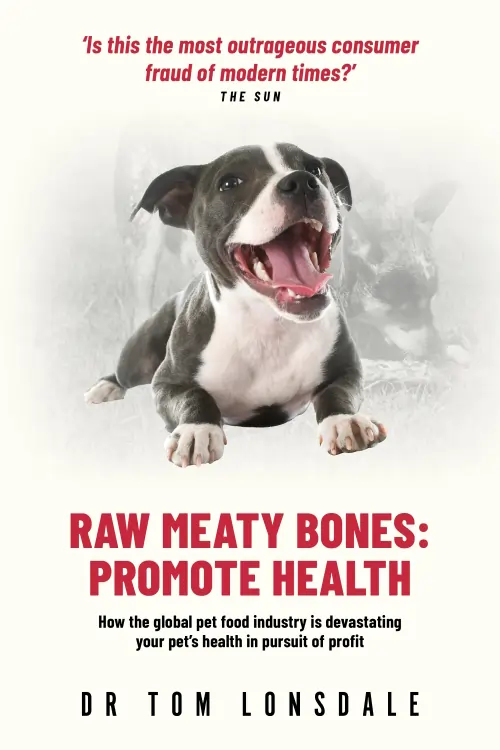
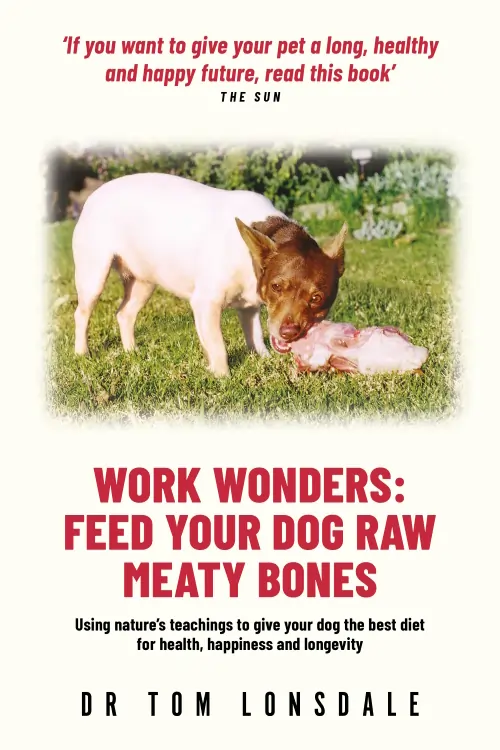
Dr Tom Lonsdale is also the author of Raw Meaty Bones: Promote Health and Work Wonders: Feed Your Dog Raw Meaty Bones.
Q. What should pet owners who believe their pets have been affected by junk pet food do?
A. First they should ‘bone up’ on the information at www.rawmeatybones.com, especially that section ‘For Pet Owners’. The article ‘Feeding A Raw Diet For The First Time’ is a must. That way, folks can attempt to unlearn the dross they’ve been exposed to and to start to lay a secure foundation upon which to build an understanding. With understanding they can start to map out a course for their pets and themselves.
Of course, pet owners need to develop a resistance to the false and misleading pet food ads, but also resist the scaremongering of conventional vets. That’s the easy bit. But developing a healthy scepticism about the self-proclaimed ‘raw diet experts’ is a must. Unless the diet proponents place raw meaty bones at the front and centre of any discussion then those ‘experts’ should be avoided. Raw (Righteous And Wrong) diet experts purport to rescue pet owners from the ravages of industrial diets, but then hold those pet owners hostage to their minced raw pap and bottled supplements.
Depending on their level of militancy, pet owners can start to push back against the companies, the bad vet advice and the minced meat and vegetable brigade. Pet owners can band together with others to launch class actions and lobby for political action.
Q. Can you explain more about your Cybernetic Hypothesis of Periodontal Disease and its connection to junk pet food? Why should all pet owners know about this hypothesis?
A. In nature, periodontal disease is more a potential disease waiting to happen to the failing carnivore. An animal that does not use its teeth fails to clean those teeth and simultaneously does not get sufficient food. A combination of factors – inflamed mouth, starvation and weakness – lead to a downward spiral and death.
However, with the mass feeding of junk food to pets, dogs and cats fail to clean their teeth. Periodontal disease is rife. However, the pets are propped up against starvation with empty calories, and although feeling weak and unwell, live on with deteriorating oral and systemic health. With these ideas in mind, pet owners would then do well to contemplate what may be the mechanisms and pathways that make animals have sub-optimum health and why natural-fed animals have excellent mental and physical health. The Cybernetic Hypothesis of Periodontal Disease interprets the evidence and suggests important ways forward that predict and explain so much that has eluded scientific understanding.
Q. You have previously published two other books on the subject of raw meaty bones. These have just been re-released. Can you briefly explain how they differ in focus from your new book?
A. Raw meaty bones are the ‘miracle’ disease preventative and treatment for carnivores. I like to think of them as the key that unlocks the carnivore code. If carnivores are catching and consuming raw meaty bones, they are doing their job. That realisation, when it finally hit after 20 years as a vet, was life-altering. I felt compelled to write the book and thus to share with the community that voyage of understanding from false confidence and hubris of the vet student all the way to humility and understanding derived from hard-earned experience.
So Raw Meaty Bones takes the reader on a journey with some amazing facts and signposts along the way. It helps the reader to understand about the bad stuff to do with the junk pet food/vet/fake animal welfare alliance and the wonderful benefits to be had when we change through 180 degrees and, as the subtitle suggests: ‘Promote Health’.
Work Wonders is the short, easy reader with the practical knowhow necessary for all owners of dogs. The information is immediately relevant for owners of cats and ferrets too. It’s the foundation information that gives pet owners the confidence that, providing they ensure a foundation diet of raw carcasses or the pragmatic option, raw meaty bones, their pets will have shiny white teeth and general good health.
Q. What would you like your legacy to be?
A. Back in 2001, I wanted the information in Raw Meaty Bones to be my legacy. Nowadays, in addition, I would like to be remembered for the more than 30-year struggle to overcome the obstacles and outright opposition mounted by a hostile veterinary profession, opportunist raw diet merchants, incompetent regulators and apathetic politicians and media. That information is between the covers of Multi-Billion-Dollar Pet Food Fraud.
RECENT ARTICLES
-
 Afore SURA awarded Pension Fund Management Company of the Year 2025
Afore SURA awarded Pension Fund Management Company of the Year 2025 -
 BOV Fund Services Limited wins in The European Banking & Finance Awards 2024
BOV Fund Services Limited wins in The European Banking & Finance Awards 2024 -
 Amberdata wins two titles in The European Banking & Finance Awards 2024
Amberdata wins two titles in The European Banking & Finance Awards 2024 -
 Ajman Bank wins in The European Banking & Finance Awards 2024
Ajman Bank wins in The European Banking & Finance Awards 2024 -
 Creditú wins three titles at The European Banking & Finance Awards 2024
Creditú wins three titles at The European Banking & Finance Awards 2024 -
 Krungthai Bank PCL wins five awards in The European Banking & Finance Awards 2024
Krungthai Bank PCL wins five awards in The European Banking & Finance Awards 2024 -
 Oakridge Property Group wins at The European Global Business Awards 2024
Oakridge Property Group wins at The European Global Business Awards 2024 -
 Old Mutual Investment Group wins two titles at The European Global Banking & Finance Awards 2024
Old Mutual Investment Group wins two titles at The European Global Banking & Finance Awards 2024 -
 AXA IM Select wins at The European Global Banking & Finance Awards 2024
AXA IM Select wins at The European Global Banking & Finance Awards 2024 -
 Zenith Bank Ghana wins five titles at The European Banking & Finance Awards 2024
Zenith Bank Ghana wins five titles at The European Banking & Finance Awards 2024 -
 SeABank awarded The Risk Management Bank of the Year - Vietnam 2024
SeABank awarded The Risk Management Bank of the Year - Vietnam 2024 -
 Vista Land & Lifescapes Inc. wins three titles at The European Global Business Awards 2024
Vista Land & Lifescapes Inc. wins three titles at The European Global Business Awards 2024 -
 Boursa Kuwait wins two titles at The European Global Sustainability & ESG Awards 2024
Boursa Kuwait wins two titles at The European Global Sustainability & ESG Awards 2024 -
 Gulf African Bank wins four titles at The European Banking & Finance Awards 2024
Gulf African Bank wins four titles at The European Banking & Finance Awards 2024 -
 Gulf Insurance Group awarded two Global Banking & Finance titles for 2024
Gulf Insurance Group awarded two Global Banking & Finance titles for 2024 -
 Eccelsa Aviation awarded three Global Business 2024 titles, including Best FBO Brand – Europe
Eccelsa Aviation awarded three Global Business 2024 titles, including Best FBO Brand – Europe -
 Afore Sura awarded Pension Fund Management Company of the Year 2024
Afore Sura awarded Pension Fund Management Company of the Year 2024 -
 Toledo Capital AG wins Best Boutique Wealth Management - Family Office 2024
Toledo Capital AG wins Best Boutique Wealth Management - Family Office 2024 -
 Banco de Chile awarded four Global Banking & Finance 2024 titles, including Bank of the Year - Chile
Banco de Chile awarded four Global Banking & Finance 2024 titles, including Bank of the Year - Chile -
 Kontora Family Office GmbH awarded Best Wealth Management Services - Germany 2024
Kontora Family Office GmbH awarded Best Wealth Management Services - Germany 2024 -
 Banque Misr awarded five Global Banking & Finance 2024 titles, including Best Banking Brand - MENA
Banque Misr awarded five Global Banking & Finance 2024 titles, including Best Banking Brand - MENA -
 Krungthai Bank PLC wins five awards in The European Banking & Finance Awards 2023
Krungthai Bank PLC wins five awards in The European Banking & Finance Awards 2023

